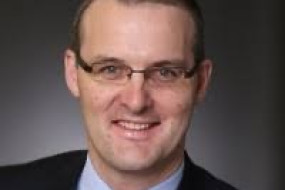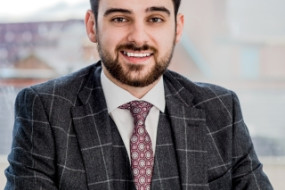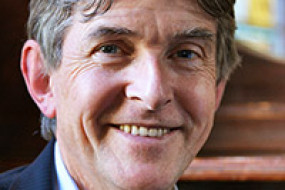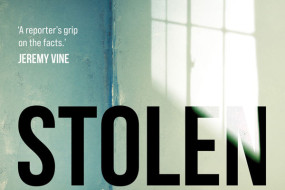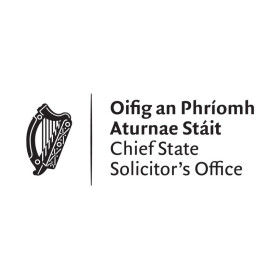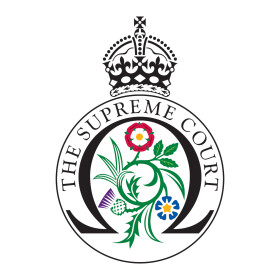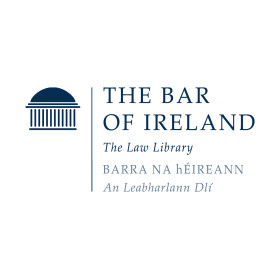Ronan Hynes, partner at Sellors LLP, considers the accelerated growth of litigation technology arising out of Covid-19. The recent call for action by the Restaurants Association of Ireland to deal with commercial landlords (some of whom continue to charge their tenants full rent rates during the Cov
Analysis
In the third of his articles on free speech, Benjamin Bestgen stresses that freedom of expression must be examined in context. See his last piece here. In many societies worldwide, people need to be cautious with their personal expressions, be it through speech, fashion, lifestyle choices, hobbies o
Dr Laura Cahillane, lecturer in constitutional law at the University of Limerick, considers the Denham report. The report of the inquiry carried out by former Chief Justice Susan Denham into the conduct of Mr Justice Woulfe in attending the golfgate dinner was published yesterday. The report conclud
Conor Fottrell, partner at Mason Hayes & Curran LLP, considers the key issues in reporting childcare cases in the media. There was significant public reaction recently following a report which appeared in national newspapers arising from an application under the Childcare Act brought before the
Lisa Bryson, partner and head of employment at Eversheds Sutherland in Belfast, highlights the importance of the successor to the Covid-19 furlough scheme. Six months on from the Chancellor’s first major intervention through the Coronavirus Job Retention Scheme (CJRS), Covid-19 is on the resur
Employment law solicitor Richard Grogan of Richard Grogan & Associates considers the impact on Irish employers of a mandatory sick pay scheme. This issue has been around for some time. It will be interesting to see what is going to happen in relation to this. The reason we are mentioning this is
Dr Ronan Cormacain of the Bingham Centre for the Rule of Law considers a lesser-discussed aspect of the controversial Internal Market Bill. Huge controversy has already been generated over provisions in the United Kingdom Internal Market Bill granting Ministers the power to disapply the Withdr
Benjamin Bestgen takes a further look at free speech this week, see last week's jurisprudential primer for part one. Open a newspaper or look through social media and you will find people expressing their upset about all kinds of real or perceived wrongs.
Ruaidhrí Austin, solicitor at Lacey Solicitors Dublin and Belfast, examines the recent UK High Court test case in which the Financial Conduct Authority (FCA) challenged a number of insurers in relation to business interruption cover. The High Court in England and Wales has handed down its jud
Ed Madden BL examines a recent High Court case in which the Medical Council applied for proceedings to take place either in camera or in an anonymised manner. In May, the High Court delivered its judgment on an ex parte application brought by the Medical Council requesting that intended proceedings
Professor Conor Gearty explores the background to the UK government's threat to depart from its long-standing advocacy of ‘the rule of law’ in international affairs. The European Union (Withdrawal Agreement) Act 2020 declared itself a measure ‘to implement, and make other provision
James Meighan from Eugene F Collins discusses the Withdrawal Agreement and the effect on cross-border litigation. On 27 August 2020, the European Commission published a notice to stakeholders on the withdrawal of the United Kingdom from the European Union and rules in the area of civil justice and p
Peter Bolger and Robert Haniver from LK Shields write about new rules which will update gaming and gambling control legislation. The Gaming and Lotteries (Amendment) Act 2019 (2019 Act) was signed into law on 21 December 2019 and will come into operation from 1 December 2020. This is an interim refo
Benjamin Bestgen takes an honest look at marriage in his latest jurisprudential primer. See last week's here. During my legal studies, a professor opined that one of the most legally significant things the majority of people will ever do in their lives is to marry and divorce (the other th
Scottish silk and chair of the Tumbling Lassie Committee, Alan McLean QC, takes a look at a new book on modern slavery.








